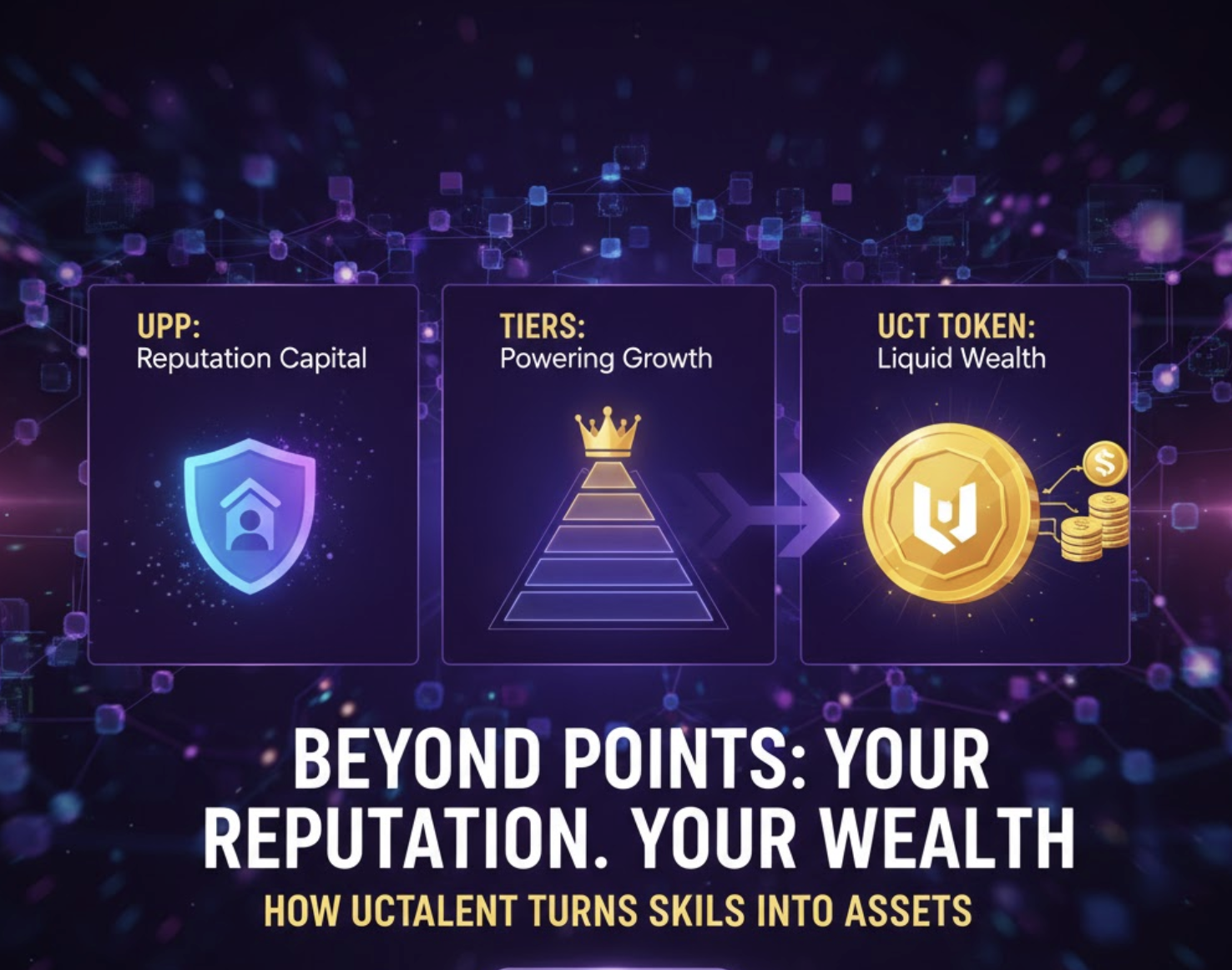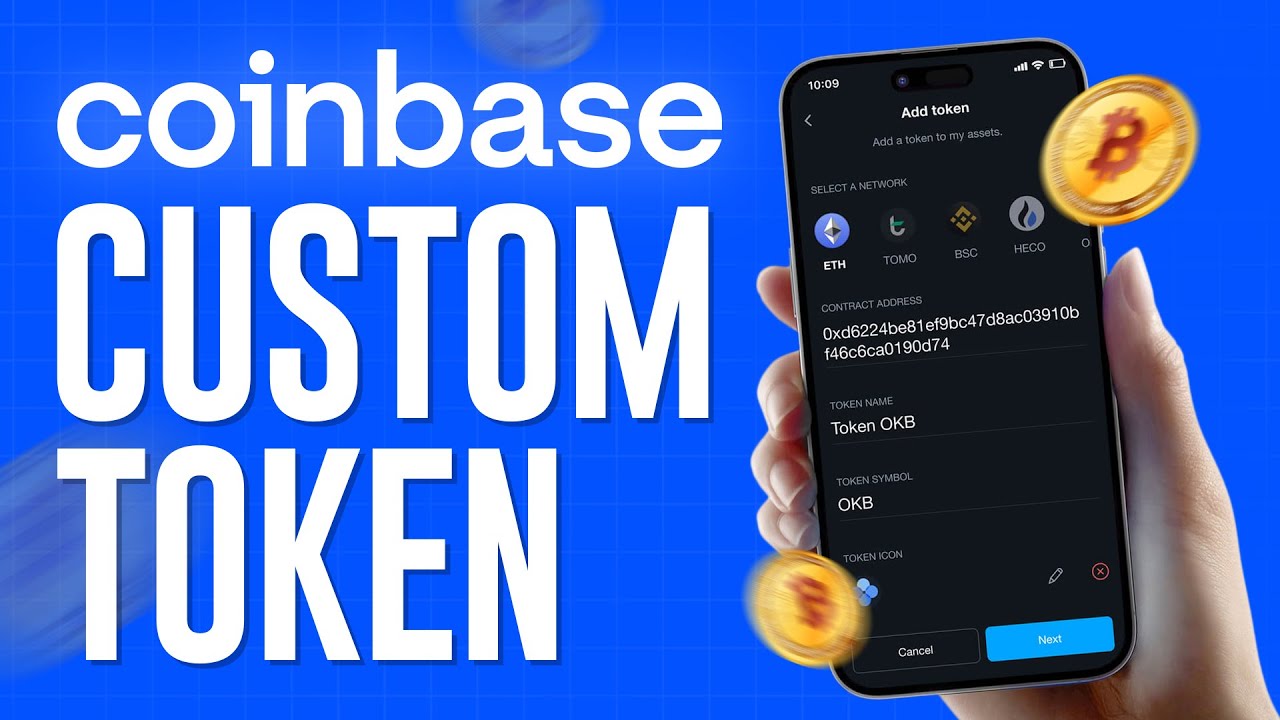Simple Steps to Build a Strong Tech Resume
In today's competitive tech landscape, especially in the rapidly growing field of Web3 and blockchain, having a standout resume can make or break your chances of landing your dream job. For beginners, creating a resume tailored to this specific industry can feel overwhelming. However, with the right structure and focus, your resume can catch the eye of recruiters and hiring managers in the blockchain world.
In this article, we will walk you through the key elements of building an impressive tech resume, from showcasing relevant skills to highlighting your passion for the Web3 industry.
1. Crafting an Attention-Grabbing Header
The first impression your resume makes comes from its header. Here are some tips for an eye-catching and professional introduction:
- Full Name: Use your full name and a professional-looking font.
- Contact Information: Include an email address, phone number, and links to your LinkedIn profile or GitHub portfolio if you have one. A clean and relevant username is essential, especially in tech.
- Professional Title: If you're new to Web3 or blockchain, it's okay to list yourself as a "Blockchain Enthusiast" or "Web3 Junior Developer" if you're transitioning into the field
For example:

2. Tailor Your Resume to Specific Job Roles
The key to a successful tech resume is tailoring it to specific roles. When applying for a Web3-related position, it’s essential to align your resume with the requirements of the job description. For instance:
- Highlight any blockchain or decentralized technology projects you have worked on.
- Include relevant experience such as contributing to open-source projects, coding hackathons, or freelance work in crypto.
- Mention any certifications or online courses completed, such as those from Coursera, Udemy, or other blockchain education platforms.
Even if you are new to the Web3 space, showcasing transferable skills (e.g., coding in Python, JavaScript, or Solidity) is important. Your passion for blockchain and willingness to learn can help you stand out.
3. Highlight Technical Skills and Tools
When it comes to the technology sector, especially in blockchain, showcasing your technical expertise is crucial. List all relevant programming languages, frameworks, and tools you've worked with. If you're aiming for a blockchain developer role, for example, recruiters will be looking for:
- Blockchain Platforms: Ethereum, Hyperledger, Solana.
- Smart Contract Languages: Solidity, Rust, Vyper.
- Tools: Truffle, Hardhat, Ganache.
- General Programming Languages: JavaScript, Python, Go, C++.
Your resume should provide a clear technical snapshot of your abilities, tailored to the Web3 space. Make sure to include any proficiency levels (beginner, intermediate, advanced) to set expectations clearly.
Pro Tip: Always include a dedicated “Technical Skills” section in your resume to immediately draw attention to your skill set.
4. Include Key Accomplishments and Metrics
Recruiters love numbers. Whenever possible, quantify your accomplishments in previous roles, even if you are just starting. For example:
- "Built a decentralized application (dApp) on Ethereum, which received over 500 active users in the first month."
- "Reduced transaction gas fees by 20% through optimized smart contract code."

In the tech industry, measurable results speak louder than generic job descriptions. If you're a beginner, you can still quantify your progress in personal projects or coding bootcamps to demonstrate your ability to deliver results.
5. Showcase Relevant Certifications and Courses
While experience is crucial, in the Web3 space, education and certifications can set you apart. Blockchain and Web3 are still relatively new fields, and companies are often looking for candidates who have taken the initiative to upskill through reputable certifications. Include any relevant courses from:
- Coursera, Udemy, edX: Blockchain Development, Smart Contract Programming.
- Certifications from Web3 foundations or blockchain platforms.
- Coding Bootcamps: General Assembly, ConsenSys Academy.
Related article: Upskill Anytime, Anywhere: A Guide to Learning on Coursera.org
6. Provide a Strong Personal Summary
Your personal summary should convey your passion for technology and the Web3 space. Focus on the value you bring to the industry and how your unique skills align with the job requirements. If you're transitioning from a traditional tech role, mention your eagerness to dive deep into decentralized technologies.
Example of a strong summary:
"Aspiring Web3 developer with a background in software engineering and a passion for decentralized technologies. Adept at coding in Solidity and JavaScript with hands-on experience building dApps on Ethereum. Eager to contribute to the future of blockchain technology through innovative and secure solutions."
7. Use an Easy-to-Read Format
An impressive resume is not only about content but also about presentation. Make sure your resume follows a clear structure with distinct sections:
- Header: Name and contact details.
- Personal Summary.
- Skills: Technical and soft skills.
- Experience: Past projects or relevant jobs.
- Education/Certifications.
- Portfolio or GitHub (if applicable).
Use bullet points to keep your content digestible and ensure that the design is clean with plenty of white space.
Related article: How to Create a Killer Tech Resume?
Conclusion: Set Yourself Apart
Creating an impressive resume for the tech sector, especially in blockchain and Web3, is about showcasing not just your technical skills but also your passion and willingness to learn. For beginners, having a resume that highlights your unique value while remaining relevant to the industry's demands will open up countless opportunities.
Ready to build your career in Web3? Follow our guides and check out UCTalent for the latest job opportunities in the blockchain space.
Further reading:
- 5 Factors to Choose the Right Company for Personal and Professional Growth
- Essential Tools and Strategies for Entry-Level Engineers
- The Keys to Success and Self-Worth for recent graduates












